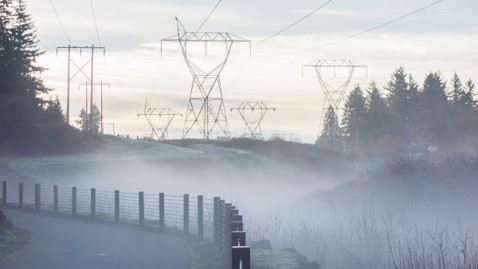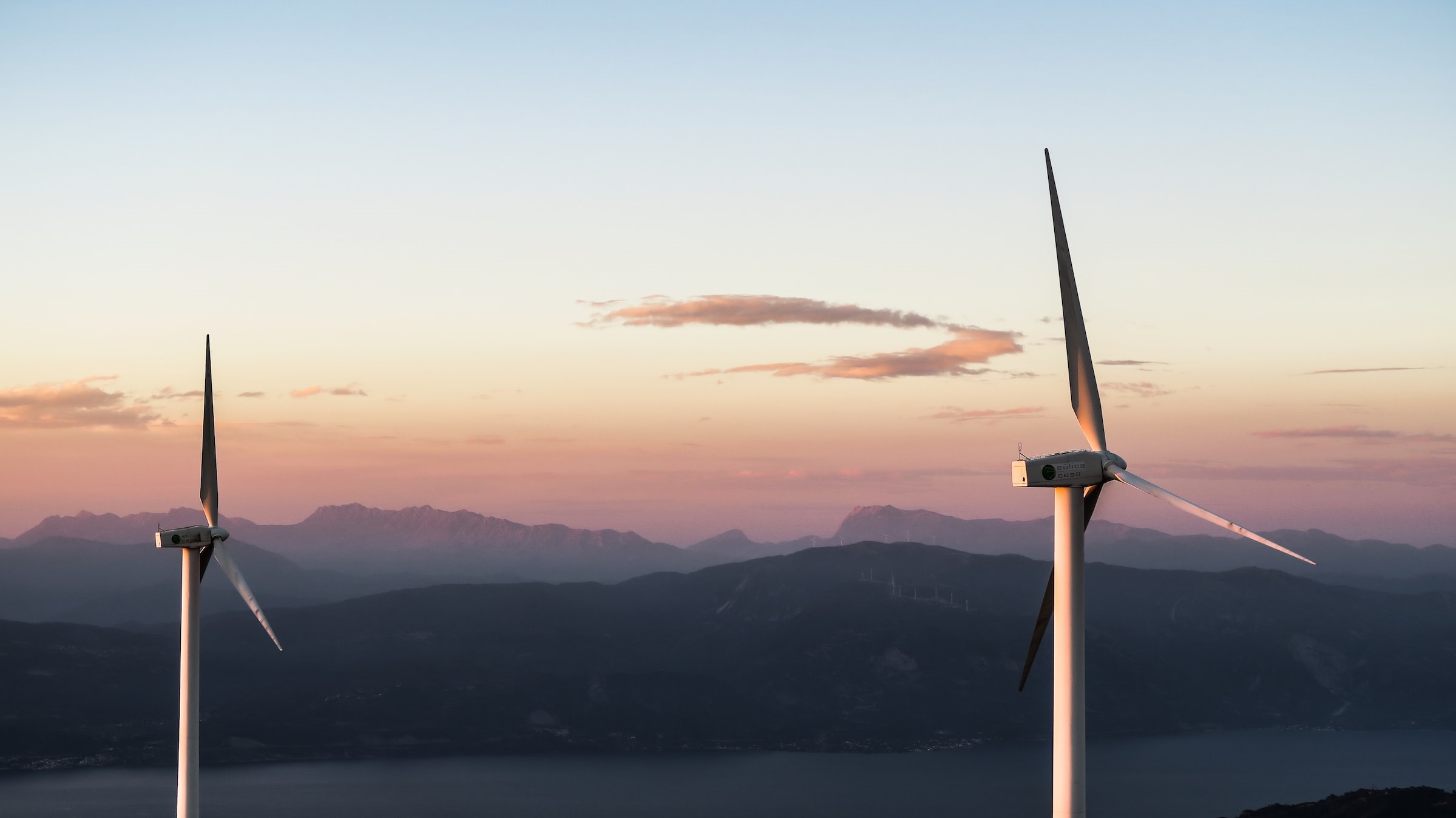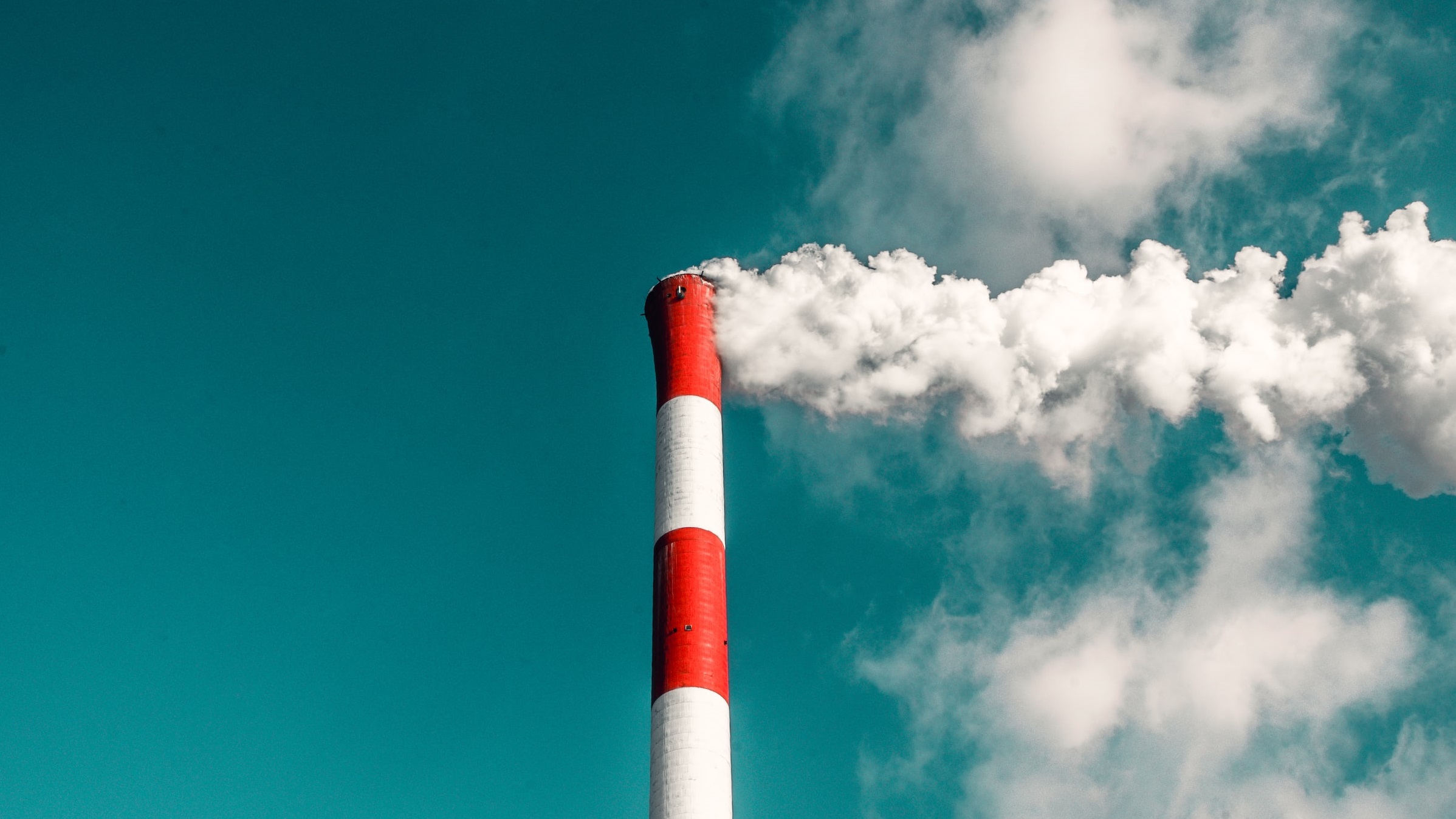Environmental Commodities
Targray’s Environmental Commodities business engages in the trading and supply of carbon credits, carbon offsets and renewable energy certificates (RECs and I-RECs) for compliance and voluntary carbon markets around the world.
We trade a variety of environmental products & services – including spot trading, forwards, futures, transaction structuring and hedging strategies for compliance and voluntary markets. We also provide tailored emissions reduction solutions for both large and small emitters in several industries.
About Emissions Trading
Carbon Credits
Carbon credits are tradable certificates or permits that represent the right to emit a specific amount of carbon dioxide or its equivalent amount in greenhouse gas (GHG). Also known as carbon allowances, carbon credits effectively work like permission slips for emissions, with each credit representing one ton of CO2 emissions.
Carbon Offsets
A carbon offset is produced when companies, institutions, or individuals remove CO2 emissions from the atmosphere. Programs for sequestration, storage and reduction projects include land use and reforestation, carbon and methane capture and sequestration projects, and carbon market mechanisms that turn emissions into commodities.
I-RECs
The market for renewable electricity is growing fast and includes a variety of players such as renewable energy project developers, equipment manufacturers, utilities, and energy retailers. Our expertise around international renewable energy certificates (I-RECs) trading allows us to facilitate energy claims for our clients in these segments.
Carbon Trading
Carbon Trading is a market-based approach to slowing global warming referring to the process of buying and selling permits and renewable energy credits. Supply and demand set the commodity price on a carbon credit, carbon offset, or renewable energy certificate in various carbon markets worldwide.
Carbon Markets
Regulated carbon programs are based on government regulations & policies, and are designed to compel companies to meet annual obligations. Voluntary programs act in a similar way, but function outside of government oversight. We provide solutions for both compliance and voluntary carbon markets (VCMs).
Carbon Pricing
Carbon pricing is an approach to reduce global warming which sets a limit and applies a fee on greenhouse gas emissions, or offers incentive to emit less. Carbon pricing mechanisms are essential instruments towards tackling climate change and achieving the 1.5°C goal by 2030 laid out in the Paris Agreement.
Trusted Programs for Carbon Market Participants
Our Environmental Commodities team offers customers the opportunity to trade in the European Union Emissions Trading System (EU-ETS), the Verified Carbon Standard (VCS) and various voluntary offset programs across North America, Europe and Asia.
Combining our commitment to managing our own carbon footprint and our experience as a supplier of renewable fuels, energy storage solutions and carbon credits, we are well positioned to help design and implement effective carbon compliance strategies for our clients.
What is Carbon Trading?
Carbon trading is a market-based system aimed at reducing GHG emissions that contribute to global warming. It allows companies to buy and sell carbon credits as needed to meet emissions requirements.
Carbon credits are authorized by governments with the goal of gradually reducing overall carbon emissions and mitigating climate change.
What is a Carbon Offset?
Carbon offsetting is the purchase of carbon credits, generally in an amount equivalent to the carbon emissions that a lifestyle or business has created. Purchasing carbon credits or carbon offsets is a way to be accountable for a climate impact and to take climate action beyond one’s own area of influence.
How is a Carbon Footprint Calculated ?
Also, many governments have environmental departments that provide tools and calculators to help you calculate your emissions or you can use a carbon consultant or retailer. You can find a list of reputable carbon retailers on the International Carbon Reduction and Offset Alliance website.
What are Sustainable Development Goals (SDGs) ?
The Sustainable Development Goals (SDGs) are a blueprint to achieve a better and more sustainable future for all. The goals were adopted by UN Member States in 2015, as part of the 2030 Agenda for Sustainable Development which set out a 15-year plan to achieve the goals. SDGs address the global challenges we face, including poverty, inequality, climate change, environmental degradation, peace and justice.
About our Environmental Commodity Solutions
Drawing on our extensive experience in sustainable industries like renewable fuels and energy storage, we are focused on supporting the development of Carbon markets worldwide and ensuring that their growth is responsibly managed in pursuit of net-zero goals.
Operating jointly out of Targray’s North America and Europe trading desks, our Environmental Commodities team works together with partners to implement effective carbon compliance strategies that minimize exposure to risk. The team also manages our carbon trading activities on various registries including Verra and Gold Standard. Get in touch with our experts to become a trading partner, or to learn more about our tailor-made emissions reduction solutions for enterprises.
Gold Standard (GS)
Gold Standard (GS) is a voluntary carbon offset program focused on progressing the UN’s Sustainable Development Goals and ensuring that project’s benefit their communities. It can be applied to voluntary and Clean Development Mechanism (CDM) projects.
The GS CDM was launched in 2003 after a two-year consultation with stakeholders, governments, non-governmental organizations, and private sector specialists from over 40 countries. The GS project registry – containing all projects implemented through the standard was launched in 2018.
Verra Registry
Verra is a global leader helping tackle the world’s environmental and social challenges by developing and managing standards that help the private sector, countries, and civil society achieve ambitious sustainable development and climate action goals.
The programs Verra develops and manages are globally applicable and advance action across a range of sectors and activities. Programs undergo extensive stakeholder consultation and expert review, drawing from four components: standard, independent assessment, accounting methodologies, and registry.
American Carbon Registry (ACR)
The American Carbon Registry (ACR), a nonprofit enterprise of Winrock International, was founded in 1996 as the first private voluntary greenhouse gas registry in the world.
Winrock operates ACR to create confidence in the environmental and scientific integrity of carbon offsets in order to accelerate transformational emission reduction actions.
Climate Action Reserve (CAR)
The Climate Action Reserve (CAR) is an offset registry for global carbon markets.
CAR establishes high quality standards for carbon offset projects, oversees independent third-party verification bodies, issues carbon credits generated from such projects and tracks the transaction of credits over time in a transparent, publicly-accessible system.
Latest News
Targray Launches Environmental Commodities Trading Desk
Targray, a leading global provider of sustainable commodities and supply chain solutions, has announced the launch of its international Environmental Commodities trading desk. Operating jointly out of the company’s North American and European business centers, the new...
Targray Unveils New Solar Roof at Global HQ
Montreal, Canada – Targray has outfitted the rooftop of its corporate headquarters with a cutting-edge 242-module photovoltaic (PV) system. Located in the West Island of Montreal, the new installation is expected to produce 130,000 kWh annually. The 107-kilowatt...





